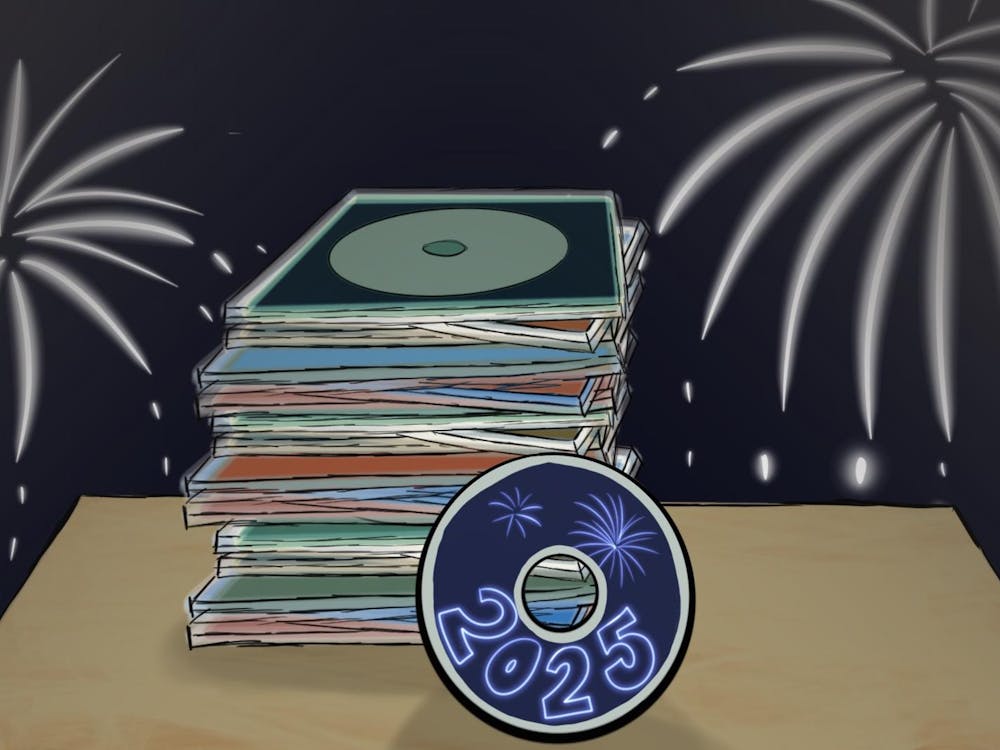The first season of Leon Neyfakh’s “Slow Burn” podcast dives deep into Watergate, a true “slow burn” of a scandal that unfolded over multiple years and ended with a resignation. The subject of the podcast’s second season, which concluded this month, didn’t end with a resignation but rocked American politics nonetheless. Neyfakh leaves no stone unturned in season two of “Slow Burn,” which unearths the forgotten elements of the affair between then-President Bill Clinton and Monica Lewinsky. Most fascinating of all is his dissection of the feminist reaction to Monica Lewinsky, an aspect of the saga which has new meaning in the era of #MeToo.
In season one, Neyfakh detailed the parallels between the Nixon era and the present, but the Clinton scandal is even more resonant than Nixon’s story. Much of the second season of “Slow Burn” focuses on the partisanship and sensationalism which pushed “Monicagate” into the forefront of the American mind in the ‘90s, a story which will feel eerily familiar to contemporary audiences.
The greatest strength of “Slow Burn” is its willingness to explore characters other than Clinton and Lewinsky. The podcast pulls in as many perspectives as possible, both elucidating and complicating the simple narrative of the scandal that many people now remember.
One episode, entitled “God Mode,” chronicles the rise of the religious right. A movement which had long been gaining steam in American politics, the Christian right burst into the Republican Party’s mainstream with the Lewinsky scandal, which clearly raised questions about ethics and morality.
Neyfakh focuses particularly on Bill Bennett, a Christian conservative activist whose brother Bob represented Clinton in the Lewinsky case. Obviously this relationship proves great dramatic fodder: the younger brother crusading against the president, the older brother tasked with defending him. But “Slow Burn,” as usual, remains even-keeled, despite the temptation to play up the drama. Bill was always gracious when asked about his “Clinton-enabling” brother, defending Bob when he came under attack from Bill’s political allies. Despite the era’s partisan rancor, the two brothers maintained a mutual respect and even participated in a civil debate about America’s future, a clip from which closes out the episode focusing on the Bennetts.
Another compelling voice is Linda Tripp, Lewinsky’s friend who betrayed her. In an episode aptly titled “Tell-All,” Neyfakh tells Tripp’s story while cutting in segments of his interview with her. Yes, Tripp was underhanded and dishonest with Lewinsky. But in her interview, she comes across as a woman genuinely concerned about her friend and disgusted by the president’s conduct. It’s hard not to sympathize with her, particularly when she reminisces about her and Lewinsky’s tarnished relationship. Neyfakh gives people like Tripp the microphone for extended periods of time, a luxury afforded by the show’s extended format.
Tripp’s concern for Lewinsky dovetails nicely with “Bedfellows,” the penultimate episode of the series. In it, Neyfakh looks outward, characterizing the public response to the incident. “Slow Burn” shows how the media focused on the frivolous, lewd aspects of the relationship. The episode centers around a New York Observer article which interviewed powerful women, titled “New York Supergals Love That Naughty Prez.” While in 2018 that headline barely looks fit for TMZ, the women involved believed they were making a feminist statement, claiming their sexuality. Lisa Chase, an editor of the Observer, says that she thought women 20 years ago were more focused on agency than freedom from predation, because they were closer to a time when women had no sexual agency. Viewed through this lens, it’s easy to see how the feminist responses to events such as these could differ between 1998 and 2018.
In season two of “Slow Burn,” Neyfakh once again uncovers forgotten histories to fully understand a presidential scandal. If more seasons from Neyfakh and Slate are to come, one can only hope they continue the streak of fascinating, engaging content that the first two have established. In any event, “Slow Burn” is a must-listen for history junkies, or anyone curious about the makings of the current political climate.





